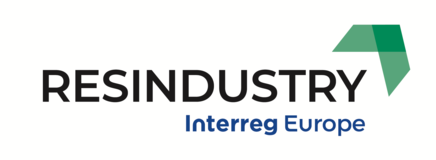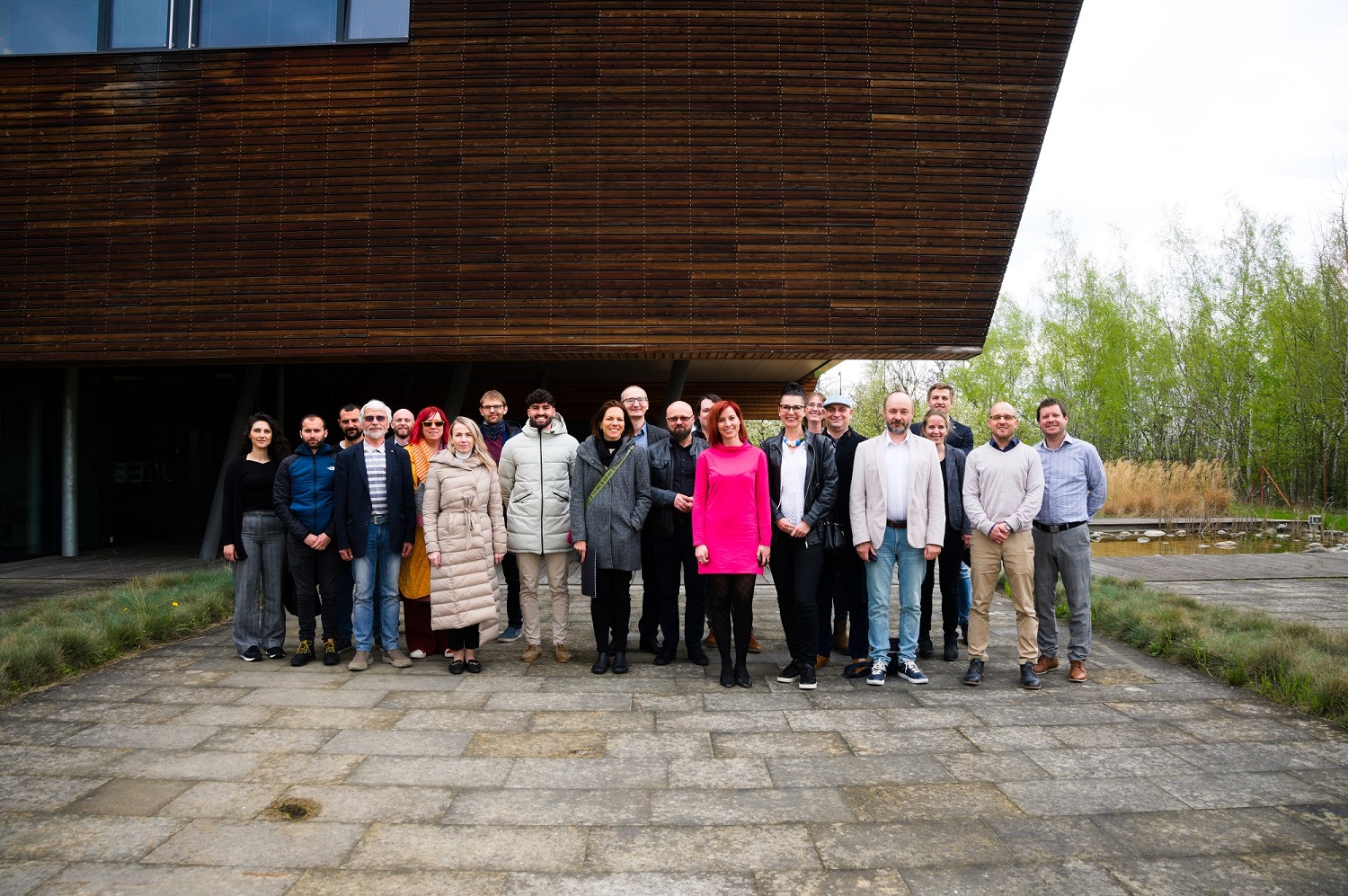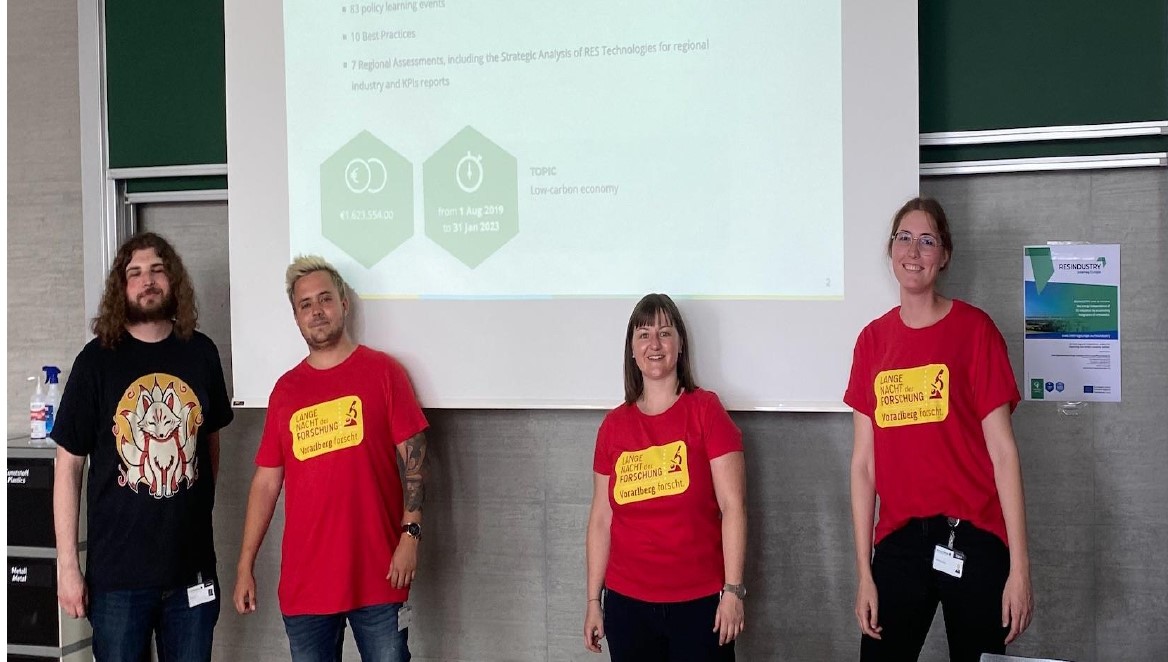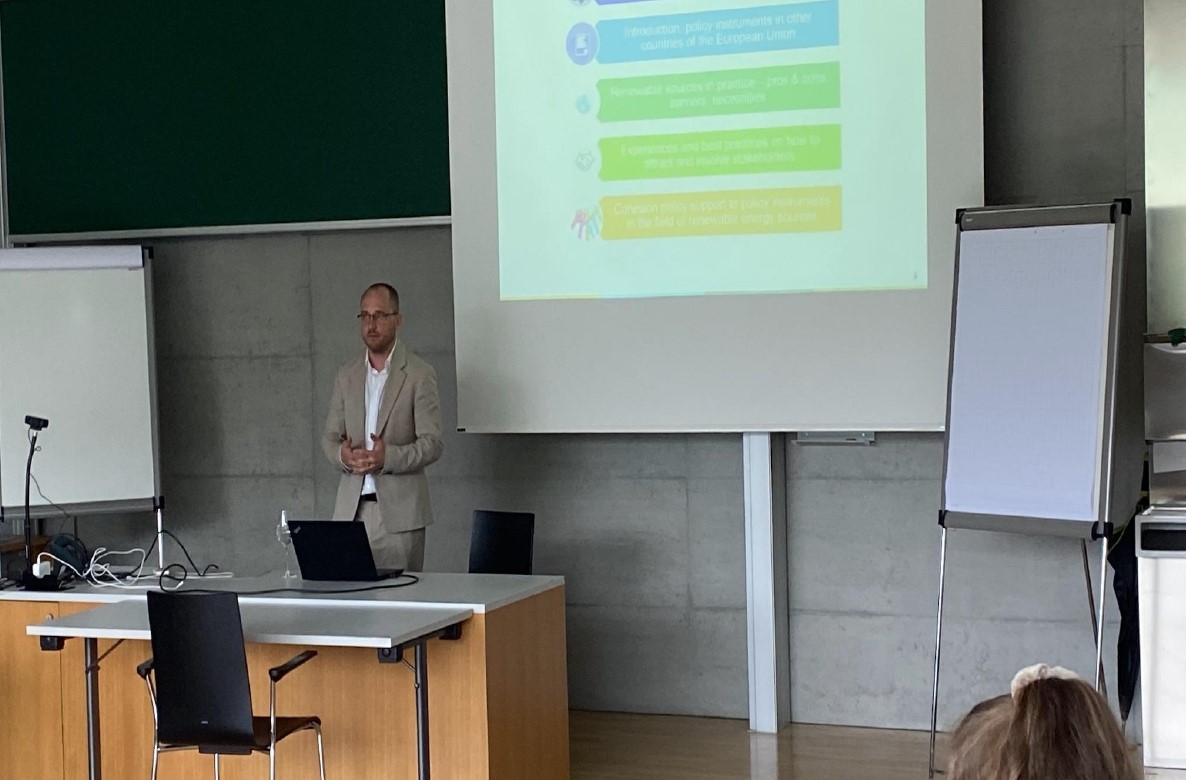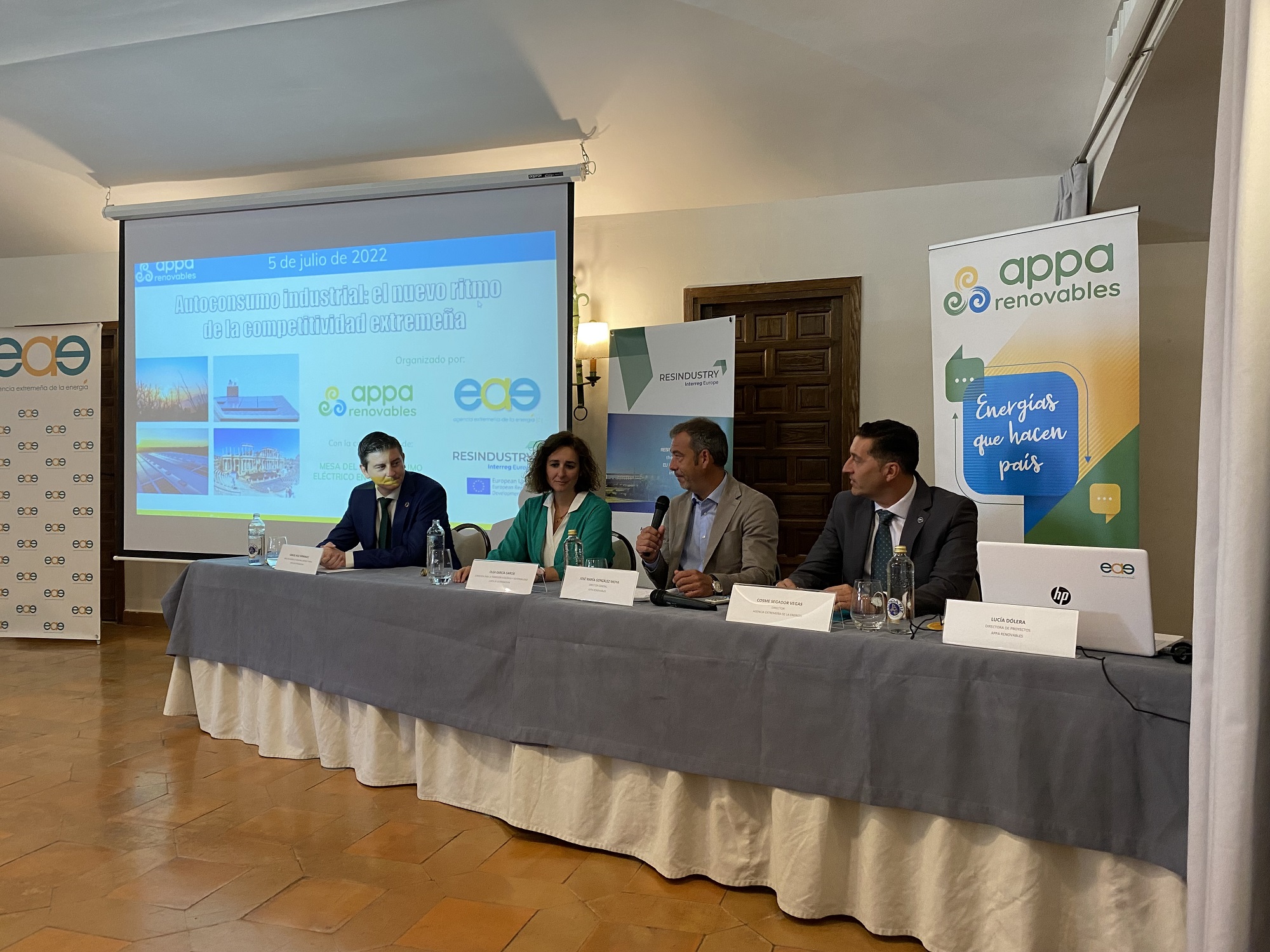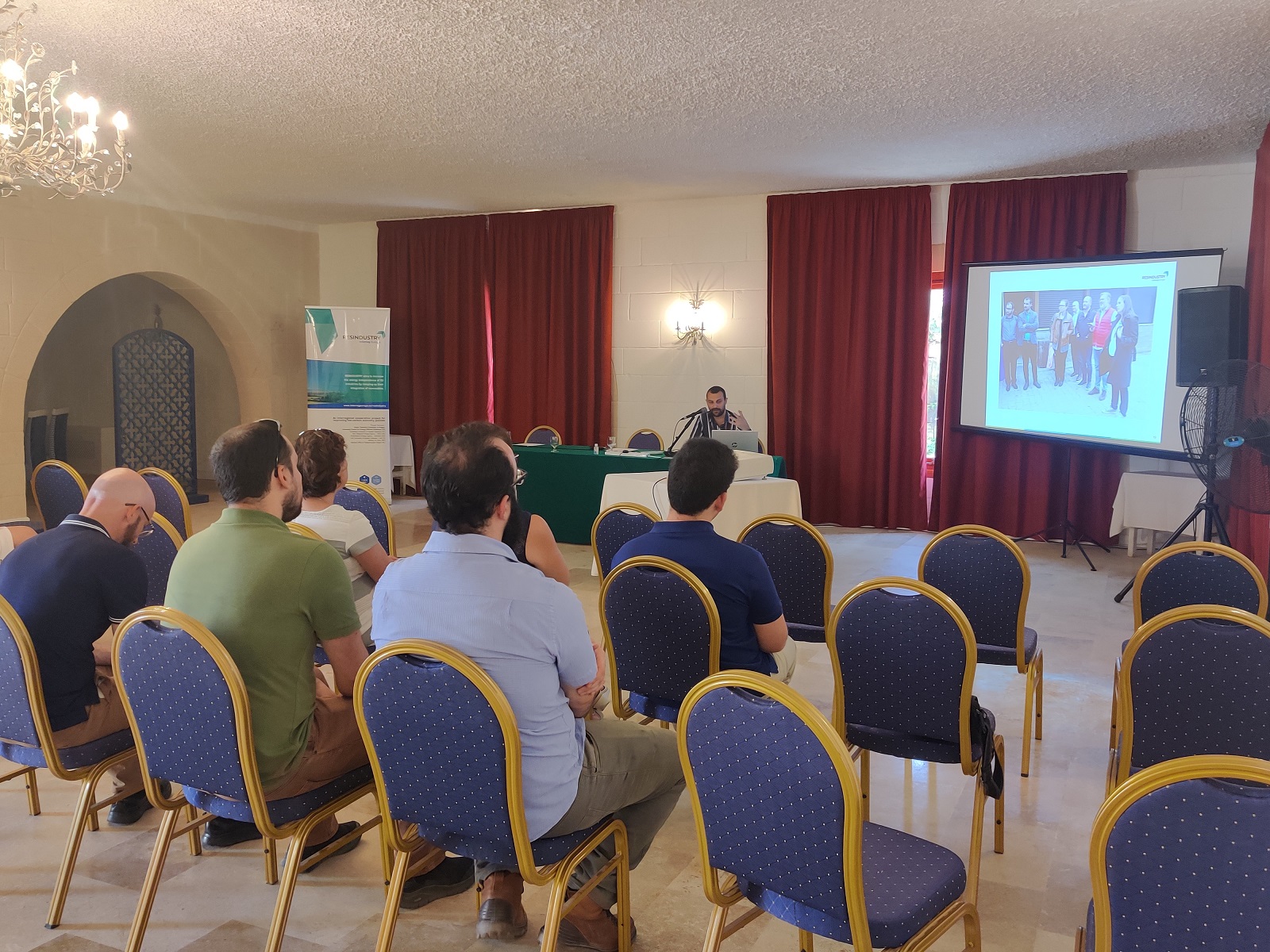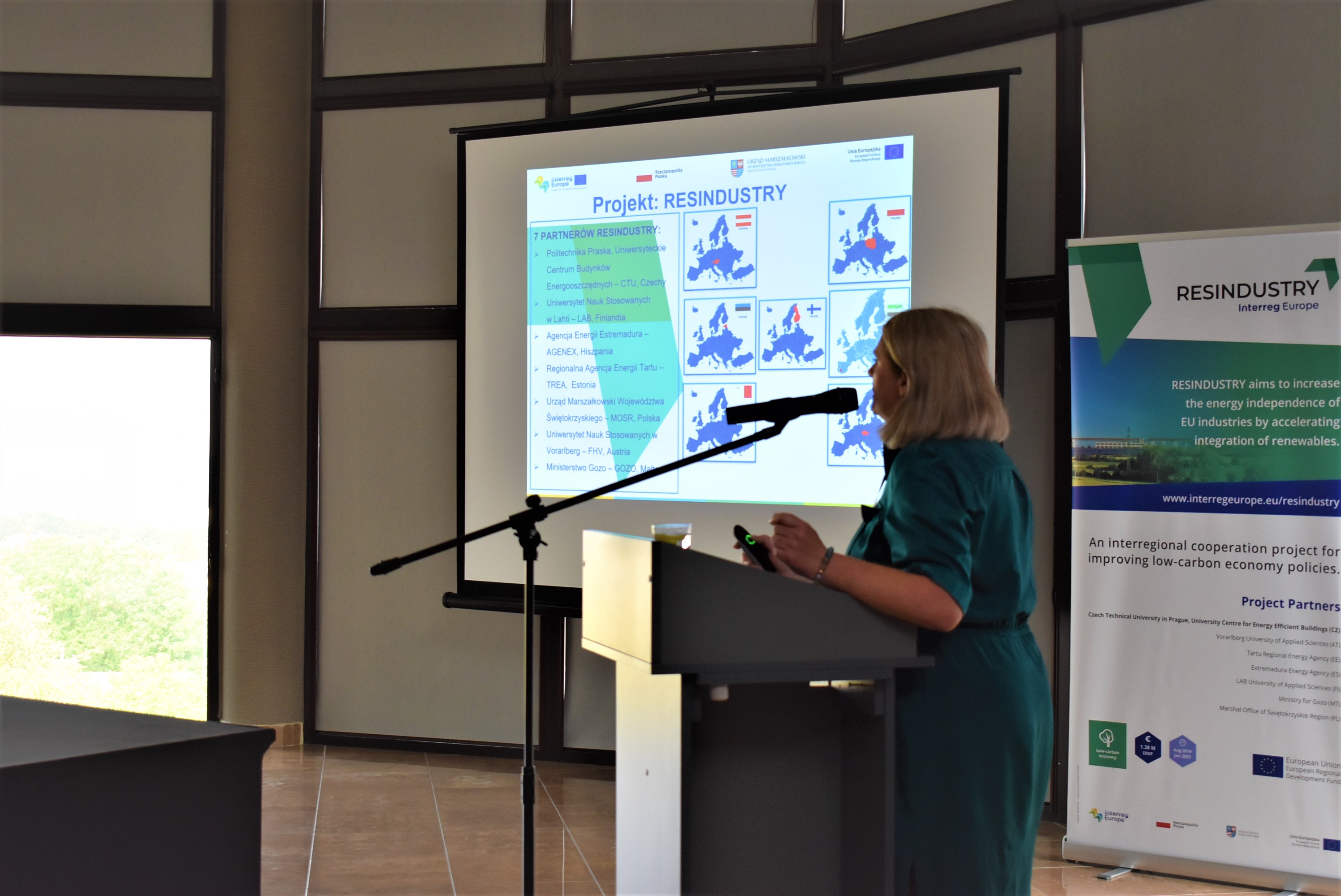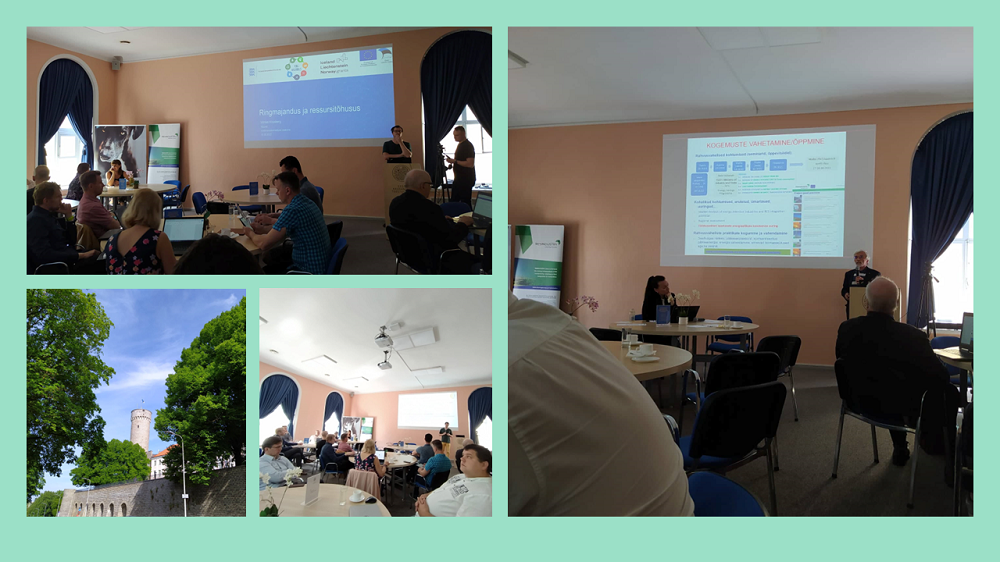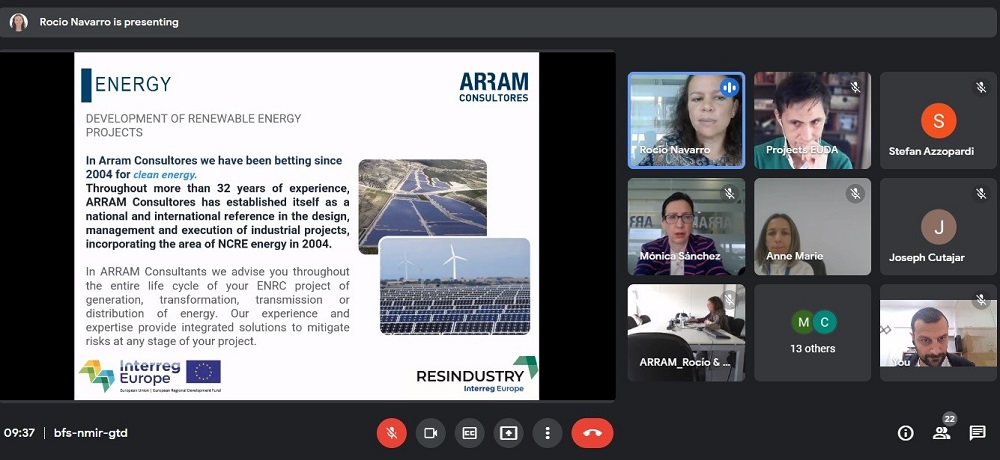The European Commission has published the recommendations of a group of experts on how to transform the EU's large energy consumption industry, so that they contribute to achieving the EU's objectives for a circular and climate-neutral economy by 2050. These objectives were presented in November 2018 in the EC strategy «A clean planet for all».
The group of experts gathers representatives from eleven industries, representing more than half of the energy consumption of the EU industry, such as aluminum, steel and cement. They have developed a strategic framework aimed at achieving the right balance between Europe's climate ambitions and the need for our industries to remain competitive. The contributions will be taken into account in the future Ecological Agreement of the Commission and in the EU industrial strategy.
The recommendations include actions that could provide adequate market signals to attract new investments and help companies implement cost-effective solutions to achieve climate neutrality. They also focus on the need to ensure a just transition, and underline the importance of providing workers with adequate capacities for the future and helping communities that depend on these industries manage the transition.
Success factors for climate neutrality
In particular, the recommendations highlight the main success factors in three main priorities:
- Create markets for climate-neutral and circular products, for example by making more strategic use of public procurement to select sustainable products and services. This is foreseen in the revision of the regulations carried out in 2014, which gives contracting authorities the ability to use public procurement to achieve environmental, social or innovation objectives when purchasing goods and services.
- Develop large-scale pilot projects on clean technologies, with the aim of introducing them to the market. They must be covered by EU funds and through easier access to private financing.
- The change to energy sources and climate-neutral alternative raw materials, which would require, for example, to guarantee access to such sources and their availability at competitive prices worldwide, to map the energy infrastructure and to provide and promote the principle of "first, energy efficiency».
The expert group also recommends the creation of an Industrial Transition Observatory to monitor the industry's progress towards climate neutrality and provide guidance.
The Commission will present the recommendations to the member states in the EU Competitiveness Council and to the European Parliament at the beginning of this year.
High Level Group on Large Energy Consumption Industries
In October 2015, the Commission established the High Level Group on Large Energy Consumption Industries, composed by representatives from member states, industry and civil society, to provide advice on relevant policies for industries that consume a lot of energy.
The industries participating in the high-level group already submitted a report in September 2018, as a collective contribution to the Commission's strategy entitled «A clean planet for all».
These industries, which are at the center of many value chains and are crucial for the economy and employment, share the ambition of the Paris Agreement on climate change and recognize the magnitude of the transformation challenge, as well as the opportunities it provides.
They have a solid track record of reducing greenhouse gas emissions (between 1990 and 2015, they reduced theirs by 36%). Due to the long investment cycles that these industries have, the achievement of the 2050 objective requires a rapid and convincing action.
